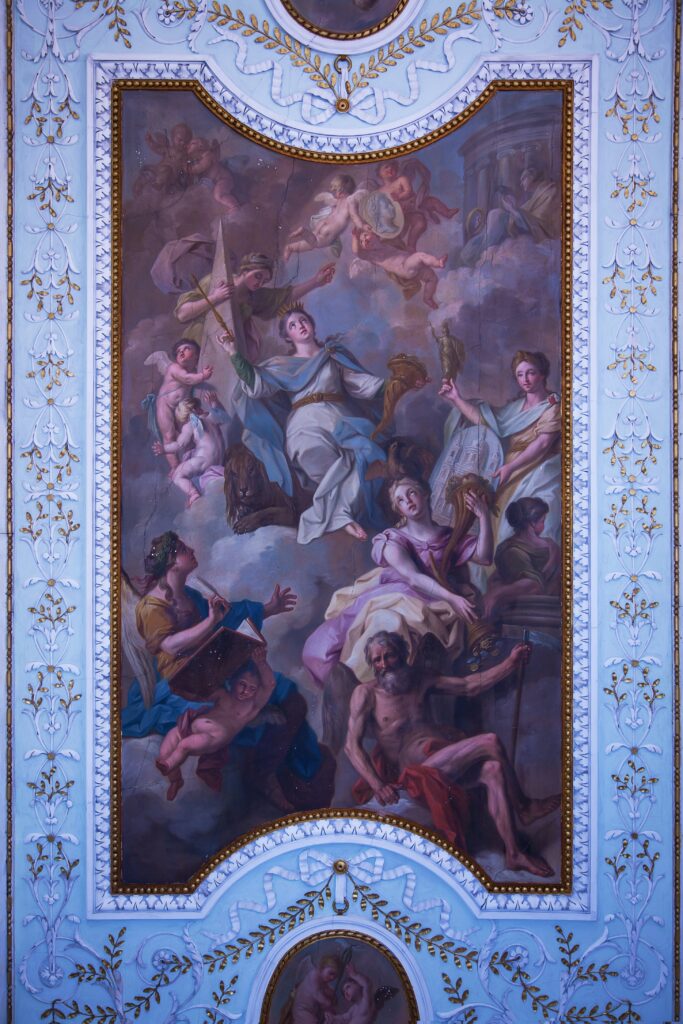Greek mythology is a rich and captivating collection of stories, beliefs, and legends that originated in ancient Greece and have had a profound influence on Western culture and literature. Here’s a general overview to help you understand the essence of Greek mythology:
Pantheon of Gods and Goddesses
Greek mythology is filled with a diverse cast of gods and goddesses, each with their unique personalities, domains, and powers. Chief among them were Zeus (king of the gods), Hera (queen of the gods), Poseidon (god of the sea), Athena (goddess of wisdom), Apollo (god of music and prophecy), and Aphrodite (goddess of love and beauty).
Myths and Legends
These myths and legends are the heart of Greek mythology. They encompass a wide range of stories, from the creation of the universe (as told in Hesiod’s “Theogony”) to the heroic exploits of figures like Heracles (Hercules), Perseus, and Achilles. The myths often explore themes of heroism, fate, love, and the consequences of hubris.
Heroes and Heroines
Greek mythology features numerous legendary heroes and heroines who undertake incredible quests, battle monsters, and face moral dilemmas. These heroes, like Odysseus in the “Odyssey” and Jason in the “Argonautica,” are central to many stories.
Monsters and Creatures
Greek mythology is home to a plethora of fantastical creatures and monsters. From the fire-breathing Chimera to the multi-headed Hydra and the cunning Sphinx, these creatures pose challenges and obstacles for heroes to overcome.
The Trojan War
The Trojan War is one of the most famous events in Greek mythology, chronicled in Homer’s epic poems, the “Iliad” and the “Odyssey.” It revolves around the conflict between the Greeks and Trojans, with characters like Achilles, Hector, and Helen becoming iconic figures.
Oracles and Prophecies
Ancient Greeks believed in oracles and prophecies as a means of divine communication. The Oracle of Delphi, dedicated to Apollo, was particularly renowned for its cryptic pronouncements that often played pivotal roles in myths and stories.
Moral and Ethical Lessons
Greek mythology often conveys moral and ethical lessons. Myths illustrate the consequences of arrogance (hubris), the importance of hospitality, and the complexities of human nature.
Cultural Influence
Greek mythology has left an indelible mark on art, literature, philosophy, and modern language. References to Greek myths abound in literature, with authors like Shakespeare, Milton, and Joyce drawing inspiration from them. Classical architecture and art often incorporate mythological themes and figures.
Continued Popularity
Greek mythology remains popular in contemporary culture, with adaptations in books, movies, video games, and other media. It continues to inspire creative works and provides a timeless source of storytelling.
In essence, Greek mythology offers a glimpse into the ancient Greek worldview, exploring the relationship between gods and mortals, the human condition, and the enduring quest for meaning and identity. Its enduring appeal lies in its timeless tales of heroism, tragedy, and the ever-present interplay between gods and humanity.

